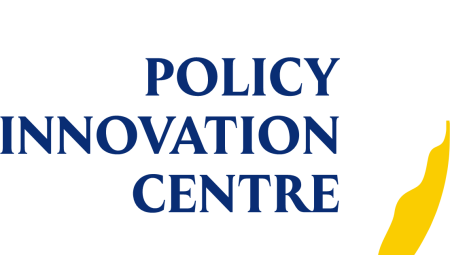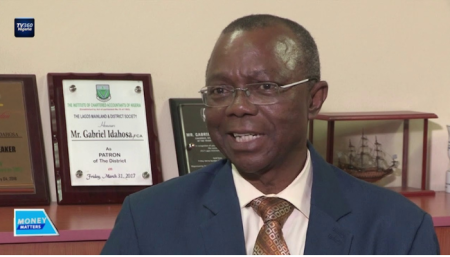The National Centre for Genetic Resources and Biotechnology (NACGRAB) has reaffirmed its commitment to safeguarding, analyzing, and promoting Nigeria’s abundant plant genetic resources, recognizing their crucial role in advancing the nation’s food security and agricultural progress. This commitment was reiterated during the launch of new crops at the International Institute of Tropical Agriculture in Ibadan, Oyo State. The event, a collaborative effort involving NACGRAB, Crop Trust, and Alliance Bioversity & CIAT, received financial backing from the German and Irish governments. This initiative underscores the importance of genetic diversity as the bedrock of Nigeria’s future agricultural development. The careful selection of crops under the Power of Diversity Funding Facility (PDFF) project was highlighted as crucial to ensuring the efficient utilization of donor resources and maximizing the project’s impact.
NACGRAB’s commitment extends beyond mere preservation, encompassing comprehensive characterization and strategic promotion of Nigeria’s rich plant genetic diversity. The Centre emphasizes research-driven initiatives and collaborative partnerships as key strategies for achieving these goals. The PDFF project serves as a powerful symbol of this renewed commitment to fostering a resilient agricultural sector. The focus on “opportunity crops” within the PDFF framework highlights their potential to contribute to the development of sustainable, diverse, and climate-resilient food systems across Nigeria. These crops, often overlooked in mainstream agriculture, offer unique advantages in adapting to changing environmental conditions and diversifying food sources.
The launch of the PDFF project was lauded as timely and strategically aligned with Nigeria’s national food security objectives. The project directly addresses the critical need to enhance the resilience and diversity of the nation’s crops, contributing to a more robust and sustainable agricultural landscape. The selection process for crops included in the PDFF project prioritized several key factors, including production advantages, gestation periods, and overall benefits to the agricultural system. With over 50 viable crops identified in Nigeria and 38 value chains already developed, the project aims to leverage this existing diversity to strengthen food security and promote agricultural growth.
The project’s focus extends beyond the two crops specifically selected for the PDFF initiative. The Nigerian Ministry of Agriculture pledged support for scaling up the cultivation and utilization of other promising crops, ensuring a comprehensive and inclusive approach to agricultural transformation. This broader strategy aims to diversify the nation’s agricultural portfolio, reduce reliance on a limited number of crops, and enhance resilience in the face of environmental challenges. The collaboration between government agencies and research institutions is crucial for the effective implementation of this strategy and for realizing the full potential of Nigeria’s diverse agricultural resources.
The Power of Diversity Funding Facility is a five-year initiative supported by the German and Irish governments. Its primary objective is to promote “opportunity crops,” often neglected in agricultural research and policy. These crops hold significant potential for enhancing food security and agricultural sustainability, but often lack the attention and resources needed for their development. The PDFF project aims to address this gap by strengthening conservation efforts, raising consumer awareness, and providing nutritional education related to these crops. Collaborating with gene banks to preserve the genetic diversity of these crops is another crucial aspect of the project, ensuring their availability for future generations and for adapting to evolving agricultural needs.
The project’s success hinges on collaborative partnerships and the active involvement of various stakeholders. The Crop Trust emphasized its continued commitment to collaborating with NACGRAB and other partners to ensure the effective utilization of resilient crops for long-term agricultural sustainability. The launch event brought together a diverse group of participants, including researchers, academics, breeders, and other key stakeholders in the Nigerian food system. This collaborative environment fosters the exchange of knowledge, expertise, and resources, creating a strong foundation for the project’s success. The collective effort of these stakeholders will be instrumental in realizing the full potential of “opportunity crops” and contributing to a more resilient and sustainable agricultural future for Nigeria.














